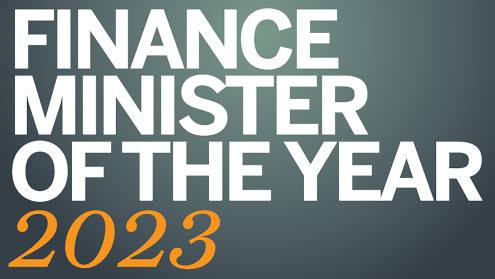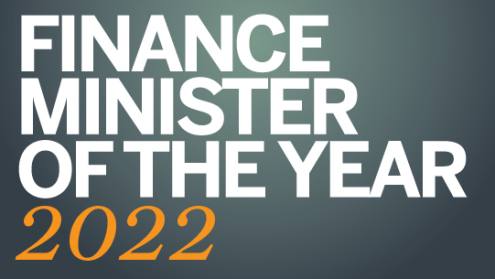Government coalitions are seldom effective, pulled in different directions by coalition partners let alone the opposition. In Slovenia, this rings true.
The country’s centre-right government, led by the Slovenian Democratic Party (SDS), holds a narrow majority in parliament, with just 49 of the 90 seats, even fewer than the previous coalition government. Making matters worse, it is composed of several parties with diverse policy agendas. By the end of 2005 public support for the government was ebbing, though the largest opposition party, the centre-left Liberal Democracy of Slovenia (LDS), was in a worse state.
The problem is that this is not a time for indecision. Slovenia plans to adopt the euro in 2007 and has entered ERM II, which tests the stability of the currency to trade within a 15% fluctuation band. In addition, the government is grappling with reform, which it promised but has been slow to pursue.
Finance minister Andrej Bajuk is the leader of the conservative New Slovenia party (NSi) and a former prime minister who served for six months in 2000. Until last year he was a persistently loud opposition voice; now he is responsible for guiding a large proportion of proposed reforms, many relating to tax, through the parliament.
A staunch supporter of the euro, Mr Bajuk has been decisive in reining in Slovenia’s budget deficit, which is set to come in at 1.7% of GDP in 2005, better than the originally announced 2.1%. When faced with a possible revenue shortfall on VAT receipts, Mr Bajuk moved swiftly to cut spending.
In terms of the Maastricht criteria for euro adoption, Slovenia is already in line with its long-term interest rates and public debt, in addition to the budget deficit. Mr Bajuk is confident the country will now meet the strictest of the Maastricht criteria, namely inflation.
But it is the reform agenda that will make or break the coalition government as much as the fortunes of the economy. In the face of opposition and competing demands, Mr Bajuk is steadily pushing through changes, and he has declared his backing for a flat tax by 2007.
With an open economy and a population of just over two million, Slovenia’s economy is vulnerable. According to the latest World Economic Forum survey of global competitiveness, the Slovenian economy was ranked 15th among current EU members. Moves to reshape the country’s tax system to make it more investor friendly earn Mr Bajuk The Banker’s European Finance Minister of the Year award.











